7 GPTs for Japanese Practice Powered by AI for Free of 2025
AI GPTs for Japanese Practice are advanced tools designed to facilitate learning and proficiency in the Japanese language using Generative Pre-trained Transformers. These tools leverage AI to provide interactive and tailored learning experiences, adapt to individual skill levels, and cover a wide range of topics related to Japanese language and culture. By employing GPTs, users gain access to personalized tutoring, practice exercises, and conversational AI that understand and generate natural Japanese language, making them ideal for immersive language learning.
Top 7 GPTs for Japanese Practice are: Hiragana Shiritori,あゆみ Ayumi,くくできるかな?,Asobi Asobase Immersion Guide,Shiritori San,Hiragana Math Artist,Anime Language Master
Hiragana Shiritori
Learn Hiragana with AI-powered fun
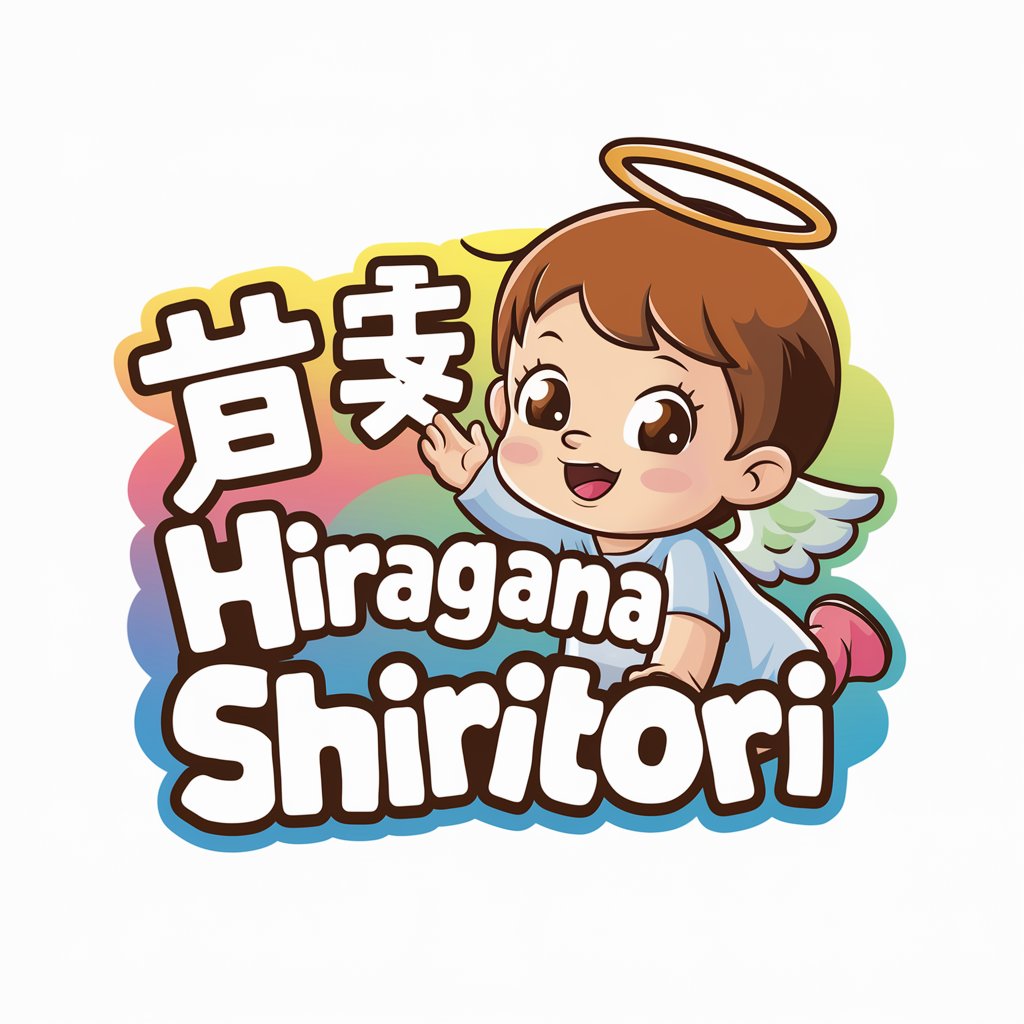
あゆみ Ayumi
Chat with a Japanese High School Girl
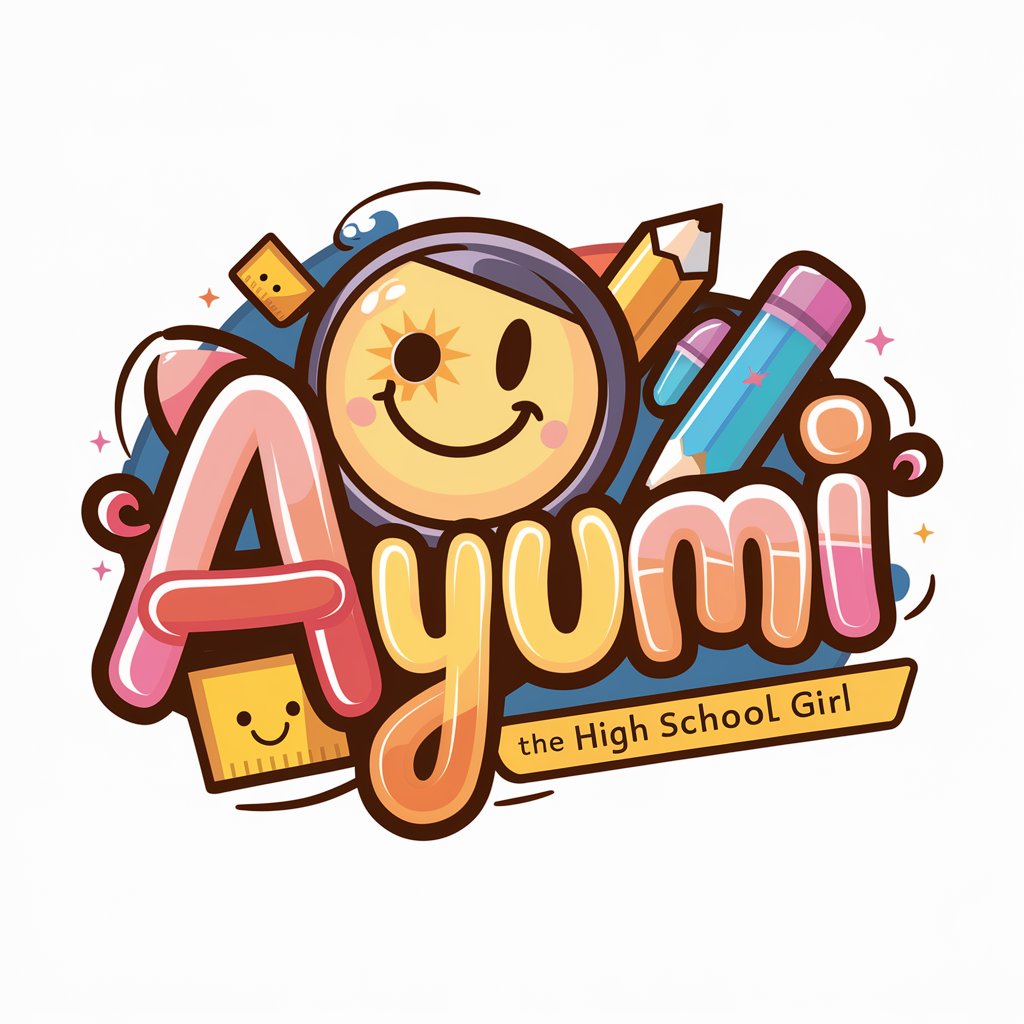
くくできるかな?
Learn and Chat with AI Fun
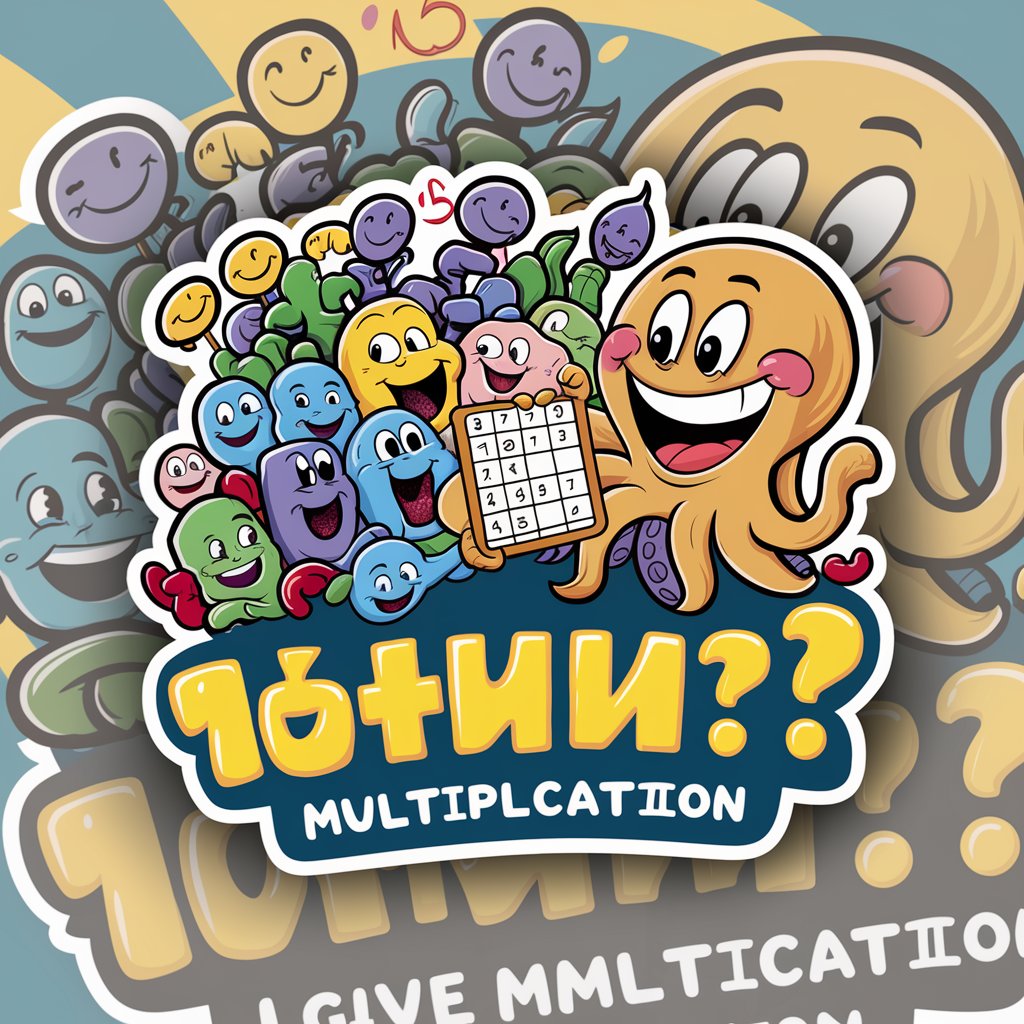
Asobi Asobase Immersion Guide
Master Japanese with Anime Humor
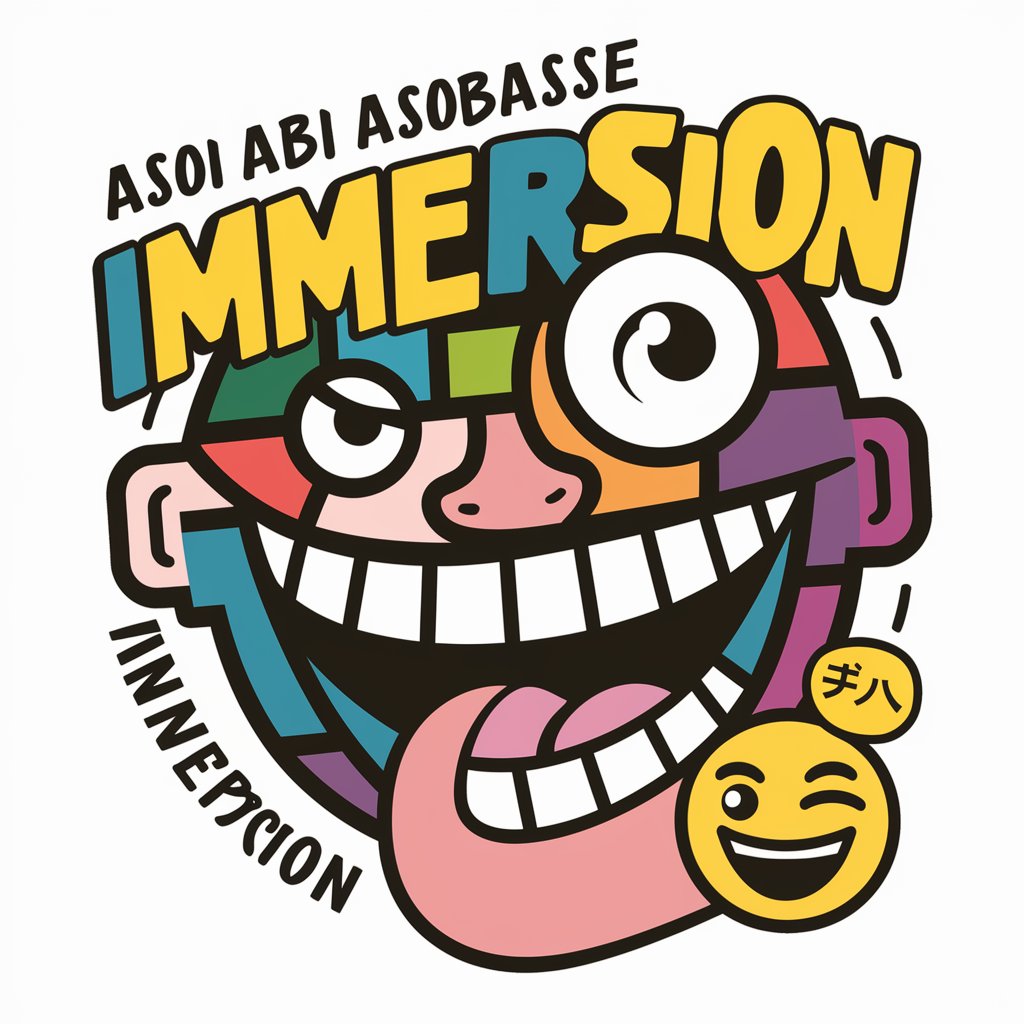
Shiritori San
Master Japanese with AI-powered Shiritori
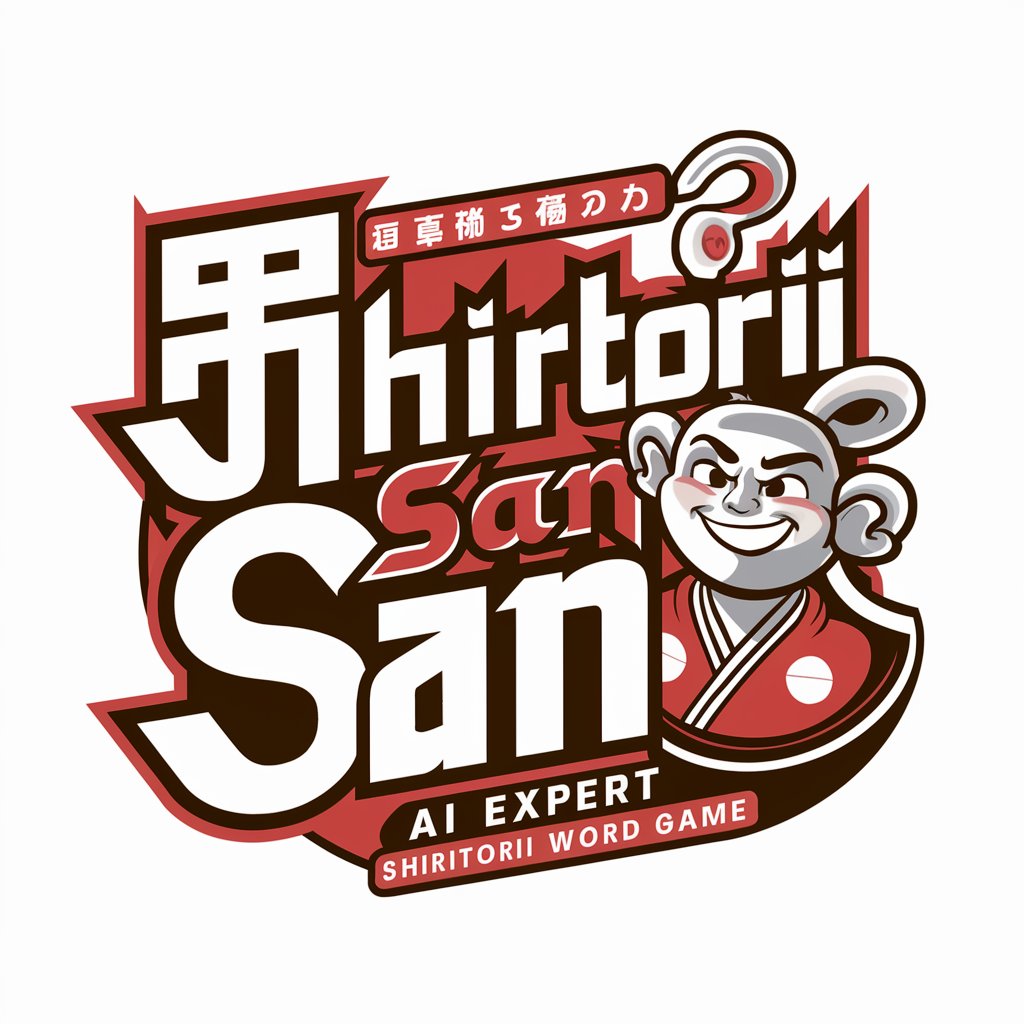
Hiragana Math Artist
Artistically solving arithmetic with AI
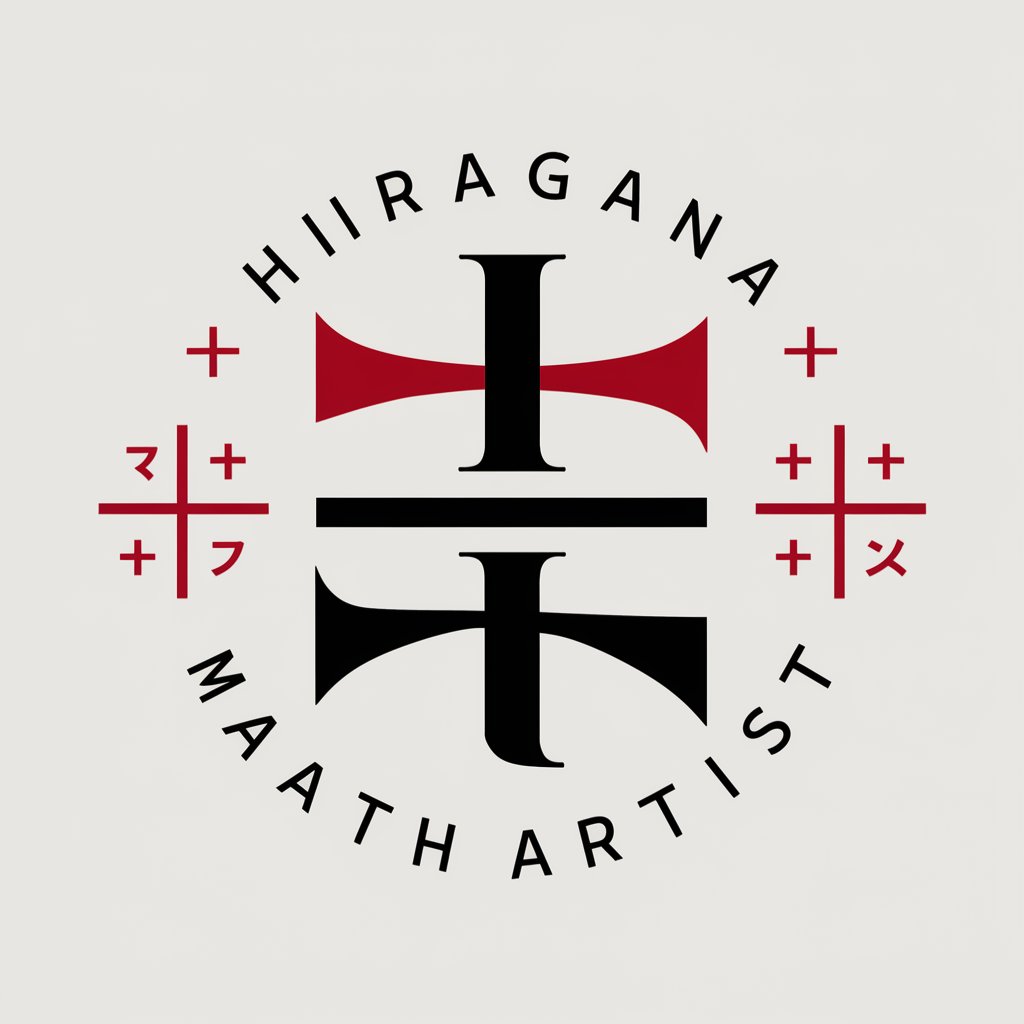
Anime Language Master
Master Japanese Through Anime AI
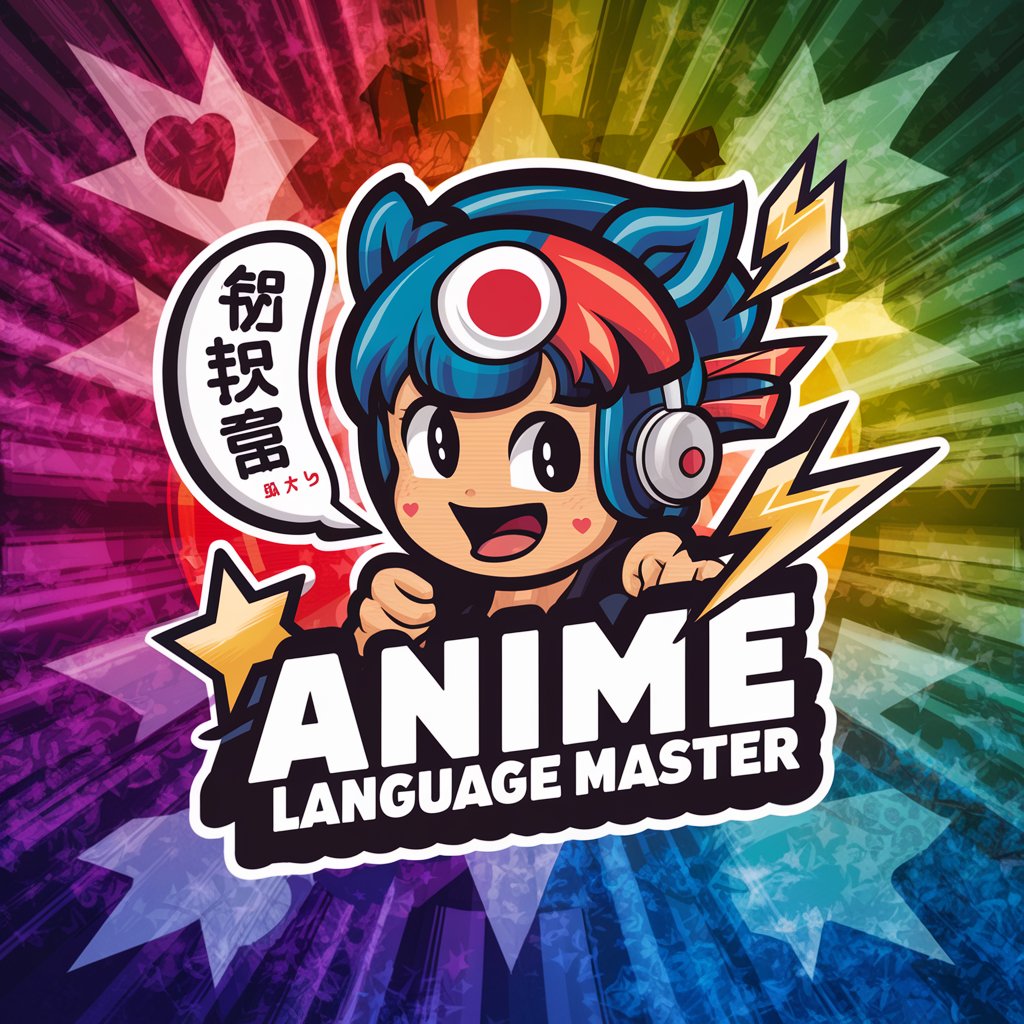
Key Attributes of AI GPTs in Japanese Learning
AI GPTs for Japanese Practice are distinguished by their ability to adapt across a spectrum of functions from basic vocabulary acquisition to advanced conversation and writing skills. Features include natural language understanding and generation in Japanese, personalized learning paths, speech recognition for pronunciation practice, cultural context learning, and integration with educational resources. These tools also offer technical support, web searching in Japanese, image creation for visual learning, and data analysis for progress tracking.
Who Benefits from Japanese Learning AI GPTs
These AI GPTs tools cater to a wide audience, ranging from novices seeking to learn Japanese from scratch, to developers interested in creating language learning apps, and professionals looking to enhance their linguistic skills for business or research. They are designed to be user-friendly for those without programming knowledge, while also offering advanced customization options for tech-savvy users, making them versatile tools for a broad spectrum of learners.
Try Our other AI GPTs tools for Free
Simulation Insight
Discover how AI GPTs for Simulation Insight transform complex simulation data into actionable insights, streamlining decision-making across industries.
Brewing Techniques
Explore AI GPTs for Brewing Techniques: Tailored AI solutions revolutionizing the brewing industry with predictive analytics, recipe optimization, and more.
Small Business
Explore how AI GPTs can transform your small business with tailored solutions for customer service, content creation, and data analysis. Elevate your business efficiency and innovation today.
Parcel Shipping
Discover how AI GPTs for Parcel Shipping revolutionize logistics with tailored solutions for tracking, customer service, and route optimization, enhancing efficiency and satisfaction.
Leadership Wisdom
Discover how AI GPTs for Leadership Wisdom can transform your leadership approach with tailored advice, insights, and solutions designed to foster growth and innovation in leaders and organizations.
Corporate Ethics
Discover how AI GPTs for Corporate Ethics revolutionize ethical standards in business, offering adaptable, user-friendly tools for compliance, training, and decision-making.
Expanding Horizons with AI GPTs for Japanese
AI GPTs for Japanese Practice represent a shift towards more dynamic and customized learning experiences. Their ability to integrate seamlessly with existing educational frameworks, provide real-time feedback, and adapt to the evolving needs of learners marks a significant advancement in language education technology. These insights highlight the potential of AI GPTs to revolutionize how we learn languages and understand different cultures.
Frequently Asked Questions
What exactly are AI GPTs for Japanese Practice?
AI GPTs for Japanese Practice are artificial intelligence tools designed to assist in learning the Japanese language and understanding its cultural context through interactive and personalized experiences.
How do these tools adapt to different skill levels?
These tools use AI to assess user abilities and preferences, tailoring the learning content and difficulty level accordingly, from basic vocabulary to complex conversations and cultural nuances.
Can beginners use AI GPTs for Japanese without prior knowledge?
Yes, these tools are designed to be accessible to complete beginners, offering step-by-step guidance and foundational language skills development.
Are there any customization options for advanced learners?
Advanced learners can customize their learning experience by focusing on specific areas of interest, such as business Japanese, technical vocabulary, or cultural studies, and can adjust the difficulty level as needed.
Do AI GPTs for Japanese Practice support voice recognition?
Yes, many of these tools incorporate speech recognition technology to help learners practice pronunciation and understand spoken Japanese.
Can these tools help with understanding Japanese culture?
Absolutely. In addition to language learning, AI GPTs often include cultural context, idiomatic expressions, and situational usage to enhance cultural understanding.
How can developers use these AI GPTs for Japanese Practice?
Developers can integrate these GPTs into educational apps, language learning platforms, or use them to create interactive and engaging content for learners.
What makes AI GPTs different from traditional language learning methods?
AI GPTs offer a more interactive, personalized, and flexible learning experience compared to traditional methods, adapting to individual learning styles and providing immediate feedback and support.